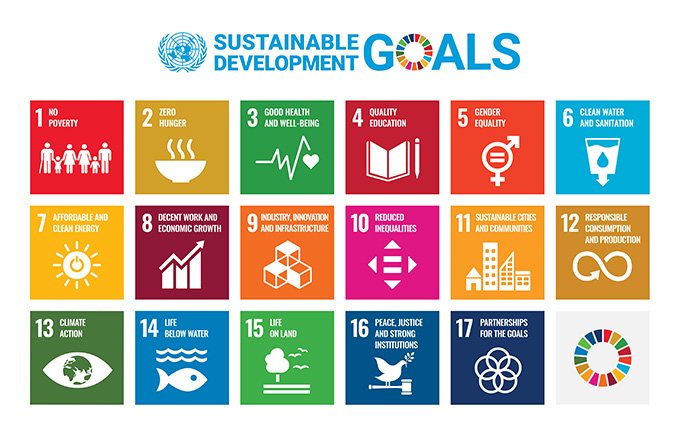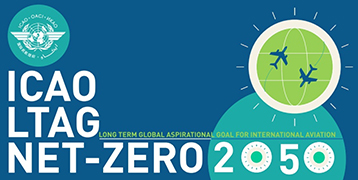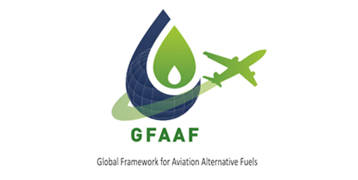From waste to wings: Converting food waste into sustainable aviation fuel for climate mitigation
Applied Energy
FEATURED BOOK
This study evaluates the feasibility of converting food waste into sustainable aviation fuel (SAF) as a dual strategy to mitigate aviation emissions and valorise organic waste. Employing a mixed-methods approach—including a PRISMA-guided systematic literature review, life cycle assessment (LCA), and international case studies—the research assesses environmental performance, economic viability, technological readiness, and policy implications of food waste-derived SAF. Findings indicate that SAF produced via pathways such as hydroprocessed esters and fatty acids (HEFA), pyrolysis, and Fischer–Tropsch synthesis can reduce life cycle greenhouse gas emissions by up to 80 % relative to conventional jet fuel, especially when landfill methane avoidance is accounted for. However, challenges persist, including feedstock heterogeneity, decentralised waste collection logistics, and high production costs. Case studies from the U.S., EU, and Japan illustrate varying strategies for integrating food waste valorisation with SAF infrastructure, highlighting the role of public–private partnerships and regional policy alignment. The study concludes that scaling SAF from food waste requires coordinated innovation, investment, and regulatory coherence. With targeted policy instruments—such as blending mandates, carbon pricing, and technology subsidies—food waste-derived SAF can emerge as a commercially viable and environmentally superior alternative, advancing Sustainable Development Goals (SDGs 7, 12, and 13) and aviation decarbonisation.
Food waste (FW); Sustainable aviation fuel (SAF); Hydroprocessed esters and fatty acids (HEFA); Alcohol-to-jet (ATJ); Fischer-Tropsch synthesis (FT); Circular economy



 Back
Back



